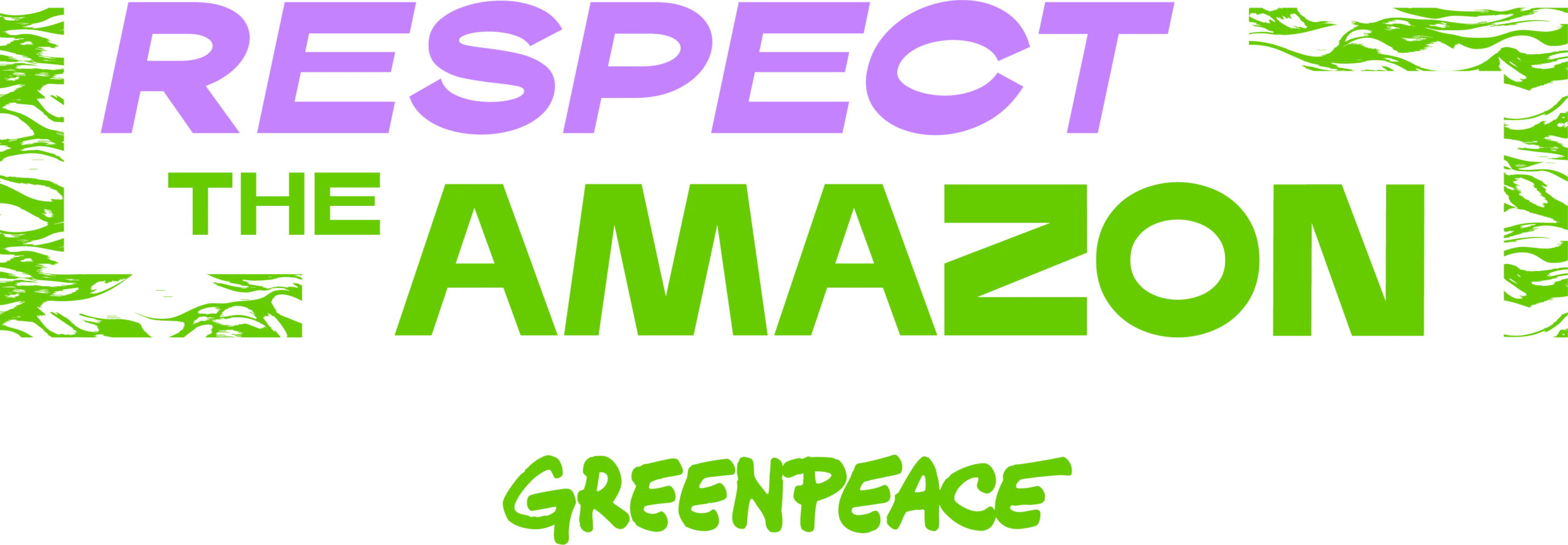Institute against slave labor
JBS joined the National Pact for the Eradication of Slave Labor (InPacto), a corporate initiative to strengthen actions against slave labor in Brazil. By joining the institute, the company said it reaffirmed “its commitment to sustainability and the development of a clean and responsible supply chain.” Despite this, subsequent reports and surveys by different organizations have revealed ongoing problems in this area.
